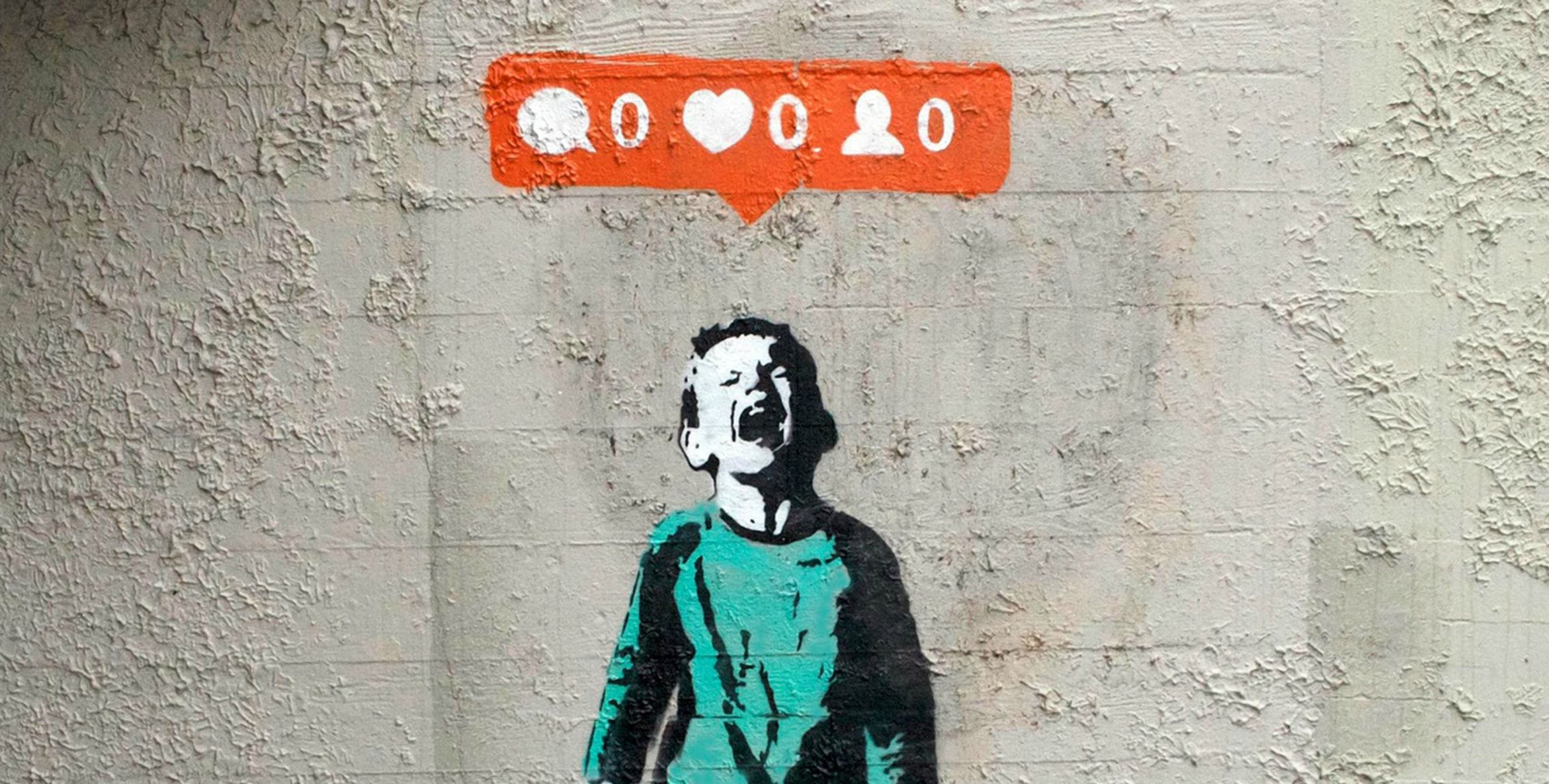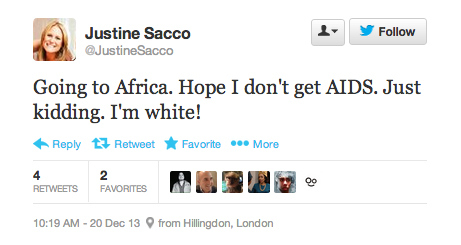Online Posts Don't Spare Users from Real Life Repercussions
What online identity we curate on social media sticks with us for the time that we spend on the internet. It's no secret that our privacy on the internet is not exactly secure--by looking up a user's IP address, other internet users are able to narrow down where another may live. Due to social media, our real life identities are linked with our accounts; within the massive abyss that are internet databases, our names, phone numbers, browsing history, job history, family relations, and many other things are stored. The internet has become so integrated into our daily lives that we don't realize the impact our online activity can have on our real lives.
Jack Morse analyzes this phenomenon online in a Mashable article aptly titled "It’s a mistake to think that our online and IRL lives are separate", where he states that we "are what [we] tweet." Once upon a time on the internet, the term "in real life" posed some sort of separate aspect to our daily lives; there was a distinction between our online and offline lives, and we believed what we did online had little impact on our time outside of it. However, with the popular rise of social media, it's become an unfortunate reality for many, whose controversial activities on the internet come back to bite them.
 |
| Street art showing social media culture. Image: iheartthestreetart.com. |
"Just ask Kloey, a 16-year-old who posted a racial slur on Snapchat, setting off a violent brawl at her Minnesota high school, or Lindsey Stone, the woman whose mocking pose in a Facebook photo in front of the Tomb of the Unknowns in Washington, D.C., sparked a vicious online backlash that led to her being put on unpaid leave. Or how about Justine Sacco? Sacco's — admittedly bad — tweet attempting to sarcastically mock white privilege got her fired."
Making any sort of post online opens you up to being "doxxed", a term used for the search of any private or identifying information about a user on the internet--and Google's definition notes that it is "typically with malicious intent". Those who make racist or troublesome posts online are often targeted and get their information exposed by a user seeking for justice. As mentioned above by Morse, Justine Stacco posted this tweet to her 170 followers on Twitter:
 |
| Stacco's tweet that received enough backlash to get her fired from her job. Image: Buzzfeed.com. |
She viewed it as a funny remark, but others did not. Soon thereafter, she received a ton of backlash for her tweet, where users identified her workplace and caused her to inevitably get fired.
Social media users must be wary of what they put on the internet. While there was a degree of anonymity when the internet was in its early days, rarely is privacy an assured thing on any platform; by not being conscious of what one posts, they may be likely to receive threats and--even worse--receive real-life repercussions. With social media being a prime form of communication for today's society, we must remember to practice a rule often preached in real life, but not online: be mindful of what you say.

Comments
Post a Comment